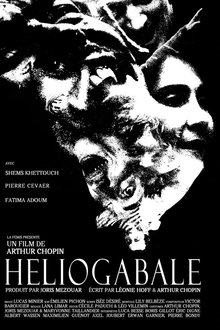A historical overview of Sisak, the city on three rivers, from the Roman era to the post-WWII industrialization.
Related Movies
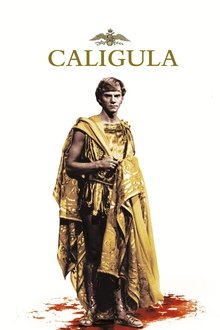
Caligula (1979)
After the death of the paranoid emperor Tiberius, Caligula, his heir, seizes power and plunges the empire into a bloody spiral of madness and depravity.
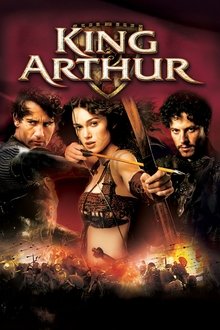
King Arthur (2004)
The story of the Arthurian legend, based on the 'Sarmatian hypothesis' which contends that the legend has a historical nucleus in the Sarmatian heavy cavalry troops stationed in Britain, and that the Roman-British military commander, Lucius Artorius Castus is the historical person behind the legend.

Salvador (Puig Antich) (2006)
The story of Salvador Puig Antich, one of the last political prisoners to be executed under Franco's Fascist State in 1974.
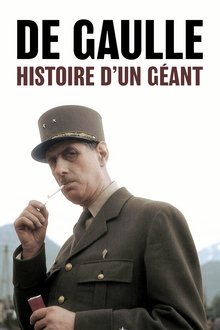
De Gaulle, histoire d'un géant (2020)
50 years after the death of General De Gaulle, this film retraces his life, from his birth in 1890 to his burial at Colombey-Les-Deux-Eglises in 1970.

The Bridge on the River Kwai (1957)
The classic story of English POWs in Burma forced to build a bridge to aid the war effort of their Japanese captors. British and American intelligence officers conspire to blow up the structure, but Col. Nicholson, the commander who supervised the bridge's construction, has acquired a sense of pride in his creation and tries to foil their plans.

Spartacus (1960)
The rebellious Thracian Spartacus, born and raised a slave, is sold to Gladiator trainer Batiatus. After weeks of being trained to kill for the arena, Spartacus turns on his owners and leads the other slaves in rebellion. As the rebels move from town to town, their numbers swell as escaped slaves join their ranks. Under the leadership of Spartacus, they make their way to southern Italy, where they will cross the sea and return to their homes.

Caligula's Spawn - Part 1 (2009)
The beautiful and dangerous lesbian slave trader Druscilla practices all the customs of Ancient Rome - everything in Excess. But even excess can have its limits and the punishments can be very severe if she crosses the line and risks falling out of favor.

Mirror (1975)
A dying man in his forties recalls his childhood, his mother, the war and personal moments that tell of and juxtapose pivotal moments in Soviet history with daily life.
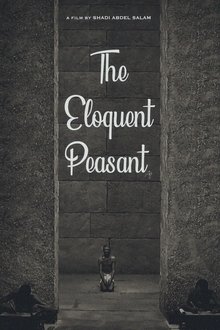
The Eloquent Peasant (1970)
Based on one of the major literary texts survived from the Middle Kingdom, the classical period of Egyptian literature, The Eloquent Peasant is a combination of a morality/folk tale and a poem. The events are set between 2160 and 2025 BC. When the peasant Khun-anup and his donkey stumble upon the lands of the noble Rensi, the peasant’s goods are confiscated and he’s unjustly accused of theft. The peasant petitions Rensi who is so taken by the peasant’s eloquence that he report his astonishing discovery to the king. The king realises the peasant has been wronged but delays judgement so as to he can hear more of his eloquence. The peasant makes a total of nine petitions until finally, his goods are returned.
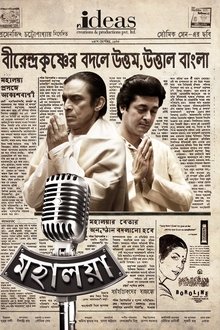
Mahalaya (2019)
Since its inception in 1931, Mahishasuramardini has been one of the most popular programmes in Bengali radio, and is currently the longest running radio programme in India, narrated by Birendra Krishna Bhadra. This film is a truthful account of what unfolded in 1976, after Aakashvani decided to replace Birendra Krishna with eminent actor Uttam Kumar in a revamped programme.
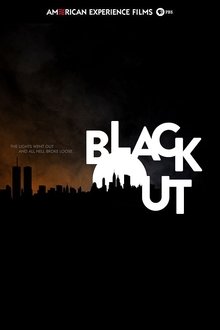
Blackout (2015)
First responders, journalists, shop owners, those inside the pressure-packed control center of Con Edison on West End Avenue, and other New Yorkers tell about what happened when the lights went out on July 13, 1977.
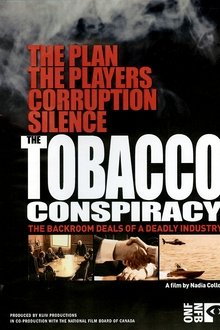
The Tobacco Conspiracy: The Backroom Deals of a Deadly Industry (2011)
This French-Canadian co-production goes behind the scenes of the huge tobacco industry, whose economic power has been expanding for five decades at the expense of public health. A gripping investigation covering three continents, Nadia Collot's film exposes the vast conspiracy of a criminally negligent industry that conquers new markets through corruption and manipulation. To confront the tobacco cartel, anti-smoking groups are organizing and scoring points, but the fight remains fierce. With ist diverse viewpoints, shocking interviews and riveting images, The Tobacco Conspiracy deftly defines the issues in a complex situation where private interests and the public good collide. Enlightening and engrossing, this documentary is a hard-hitting critique of an industry gone mad.
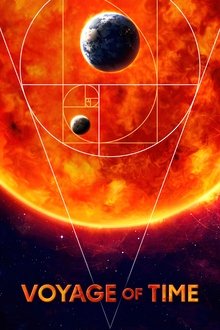
Voyage of Time: The IMAX Experience (2016)
A celebration of the universe, displaying the whole of time, from its start to its final collapse. This film examines all that occurred to prepare the world that stands before us now: science and spirit, birth and death, the grand cosmos and the minute life systems of our planet.
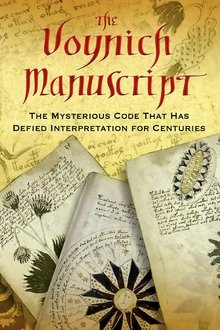
Das Voynich-Manuskript - Die geheimnisvollste Handschrift der Welt (2014)
It is the world’s most mysterious manuscript. A book, written by an unknown author, illustrated with pictures that are as bizarre as they are puzzling — and written in a language that even the best cryptographers have been unable to decode. No wonder that this script even has a part in Dan Brown’s latest bestseller “The Lost Symbol”.
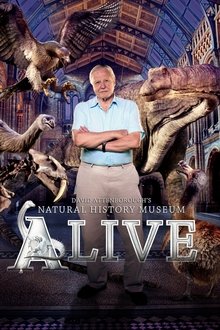
David Attenborough's Natural History Museum Alive (2014)
Regular opening times do not apply as we accompany Sir David Attenborough on an after-hours journey around London’s Natural History Museum, one of his favourite haunts. The museum's various exhibits come to life, including dinosaurs, reptiles and creatures from the ice age.
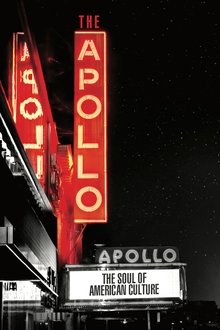
The Apollo (2019)
The history of New York City's Apollo Theater in Harlem is given the full treatment.
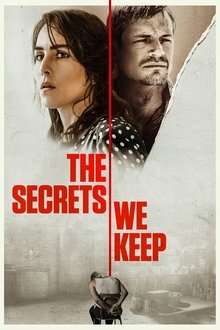
The Secrets We Keep (2020)
In post-World War II America, a woman, rebuilding her life in the suburbs with her husband, kidnaps her neighbor and seeks vengeance for the heinous war crimes she believes he committed against her.
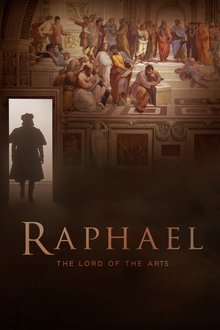
Raphael: The Lord of the Arts (2017)
Raphael: The Lord of the Arts is a documentary about the 15th century Italian Renaissance painter Raphael Sanzio.

Akerbeltz: The Witches and the Inquisitor (2012)
The gloomy dungeon of the Santo Oficio gaol in Logroño, northern Spain, is packed with prisoners accused of witchcraft. The sound of mystical chanting drifts out through the bars. It is a desperate cry for help that travels through valleys and mountains until it reaches the hamlet of Zugarramurdi. A young boy wakes up suddenly in the middle of the night...
